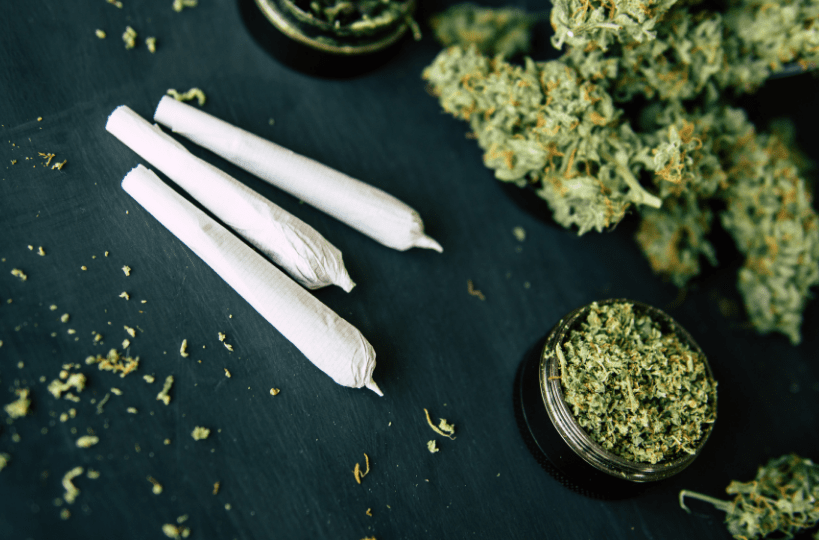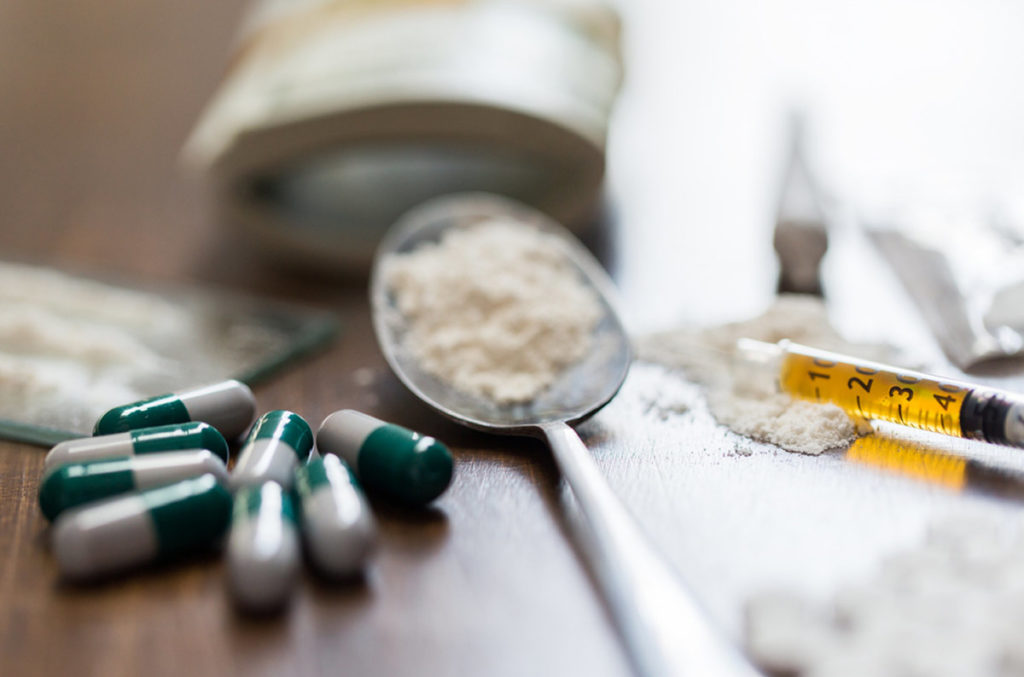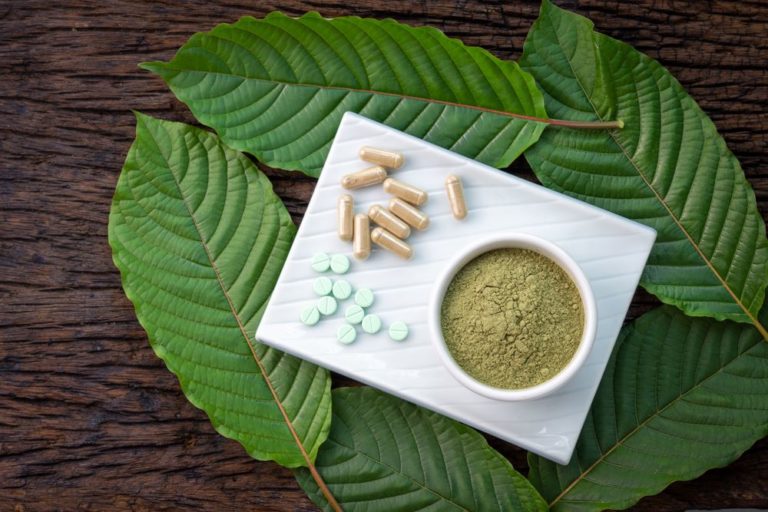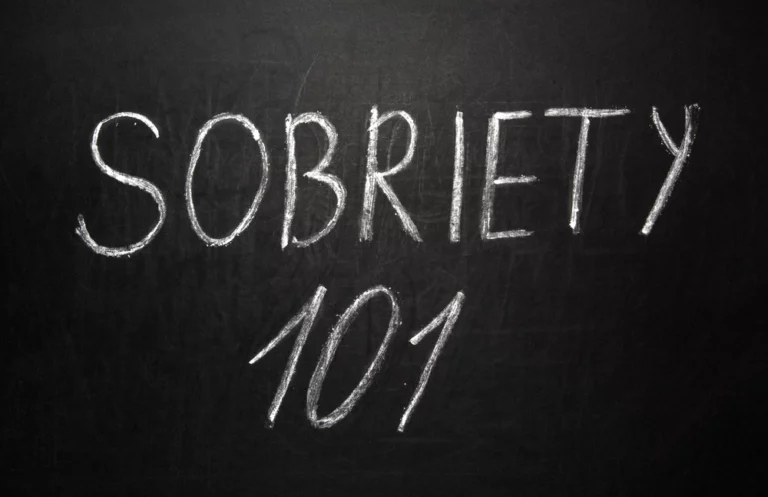What To Know About Fentanyl-Laced Weed
What Is Fentanyl-Laced Weed?
Fentanyl is a powerful synthetic opioid pain reliever that is 80 to 100 times more potent than morphine. Fentanyl-laced weed is another way to describe marijuana that has been contaminated with fentanyl. Typically, fentanyl comes in powder form, though it occasionally comes in blotter paper or liquid form. As it is small and without a strong scent, it may be completely undetectable when mixed with other drugs such as marijuana.
Particularly when fentanyl is laced with drugs like cocaine or heroin, it can be impossible for the naked eye to detect the presence of fentanyl as it blends right in. When taking drugs—particularly with the expectation to take something that is low toxicity like weed—without being aware that they are laced with a drug as potent as fentanyl can lead to fatal consequences.
Fentanyl has contributed largely to the ongoing opioid crisis that was declared in 2017 and has continued to have alarming and devastating effects nationwide. In 2019, opioids were involved in 49,860 overdose deaths, which is 70.6% of all drug overdose deaths. Recently released data by the CDC show that drug overdose deaths reached a record high of 93,331 in 2020.
As for marijuana, roughly 48.2 million people, or about 18% of Americans, used marijuana at least once in 2019. Marijuana is the most commonly used federally illegal drug in the United States, making a rise in fentanyl-laced weed quite concerning.
Dangers Of Fentanyl-Laced Weed
Fentanyl-laced weed became a hot topic in the fall of 2021, beginning with a handful of reports coming from the northeastern United States. One report that circulated widely was of an individual in Vermont who smoked weed and then suffered an apparent drug overdose. He was treated with multiple doses of Narcan and CPR and recovered. When questioned on his drug use, he stated that he had only smoked marijuana, which is legal in the state of Vermont.
Police tested the marijuana that the person was in possession of and had ingested, and they discovered that the weed was laced with fentanyl. Within a few weeks, police announced that several individuals in the same area had been arrested for dealing what was suspected to be fentanyl-laced weed. However, after testing larger samples of the marijuana they obtained from these individuals, it was found that no fentanyl was detected. The police walked back some of their previous statements but remained determined to emphasize the potential dangers and threats of fentanyl-laced weed.
Brian Boyle, an agent of the Drug Enforcement Agency (DEA) said in a public statement, “In the interest of public safety and to address the growing concerns of the citizens of Vermont, the DEA can confirm that no fentanyl was detected in the marijuana seized during the investigation. We’d like to take this opportunity to reinforce the public safety message that any drugs not purchased or obtained from a licensed and accredited medical facility are illegal, dangerous, and potentially lethal.”
Nearby in Connecticut, officials have reported around 40 opioid overdoses in the state since June 2021 linked to contaminated cannabis. The topic of fentanyl-laced weed remains controversial, however, as there are skeptics who believe some individuals are lying to the police to cover up their opioid use, as states like Vermont have legalized marijuana but not opioids. Others take this as an opportunity to advocate for marijuana to be legalized and regulated, to ensure the quality and safety of the drugs being taken.
Reports of overdoses from fentanyl-laced drugs have been skyrocketing the past year, which is a significant concern in an already overwhelming opioid epidemic. Though reports of fentanyl-laced weed are more recent, the DEA has already issued a public statement to warn people about fentanyl-laced pills. In 2021 alone, the DEA has seized 9.5 million counterfeit pills laced with fentanyl and methamphetamine, which is more than the last two years combined. The counterfeit pills are illegally manufactured by extensive drug networks and are made to look identical to prescription medications such as Oxycontin, Adderall, Percocet, Vicodin, and Xanax. The pills are often sold on the black market through social media and e-commerce platforms.
Fentanyl has already infiltrated large swaths of the drug market, so it is not a far-fetched idea that it would infiltrate marijuana as well. Fentanyl-laced weed is of special concern considering its decriminalized and legalized status in many areas, as well as its low likelihood of traditional “overdose.”
Warning Signs and Symptoms of Fentanyl Use
Though some sensations, such as relaxation and drowsiness, can be similar in both fentanyl and marijuana, they are very different drugs with different side effects.
Fentanyl side effects may include:
- Nausea or vomiting
- Confusion
- Sedation
- Trouble breathing
- Unconsciousness
- Relaxation
- Temporary feelings of euphoria
- A short-term, intense high
- Drowsiness
As a nervous system depressant, when taken in too large of a quantity, fentanyl can suppress the respiratory system to the point of ceasing to function, meaning an individual will stop breathing. Other symptoms of a fentanyl overdose may include:
- Cold, clammy skin
- Blue-colored lips and fingernails
- Decreased heart rate
- Low blood pressure
- Limp body
If you suspect that someone is experiencing an overdose, it is crucial that you call 911 immediately. If the individual is conscious, try to keep them calm, comfortable, and conscious while you wait for medical assistance. If the individual is having a seizure, remove all objects in the immediate area to prevent further bodily injury.
The individual will likely be immediately treated on scene as needed once medical professionals arrive, before being taken to the hospital for further observation or treatment.
In the event that an individual survives an overdose, seeking professional drug use treatment may be extremely important. Overdose is more likely to occur again if the substance use is left untreated.
Need Drug Abuse Treatment? We Can Help
If you or someone you love has developed an addiction or dependence on drugs or alcohol, or has relapsed and are wondering how to get help, we encourage you to reach out to the professionals at Oasis Recovery, located in the heart of Asheville, North Carolina, to learn more about our personalized treatment programs and mental health services. Recovery is always possible. Our experts work with you to design a treatment plan that fits your needs. Common treatment programs include:
- Intensive Outpatient Programs (IOP)
- Full-time Addiction Treatment on campus
- Aftercare Services
Contact us today for more information about how our programs and services can help you get your life back on track.











